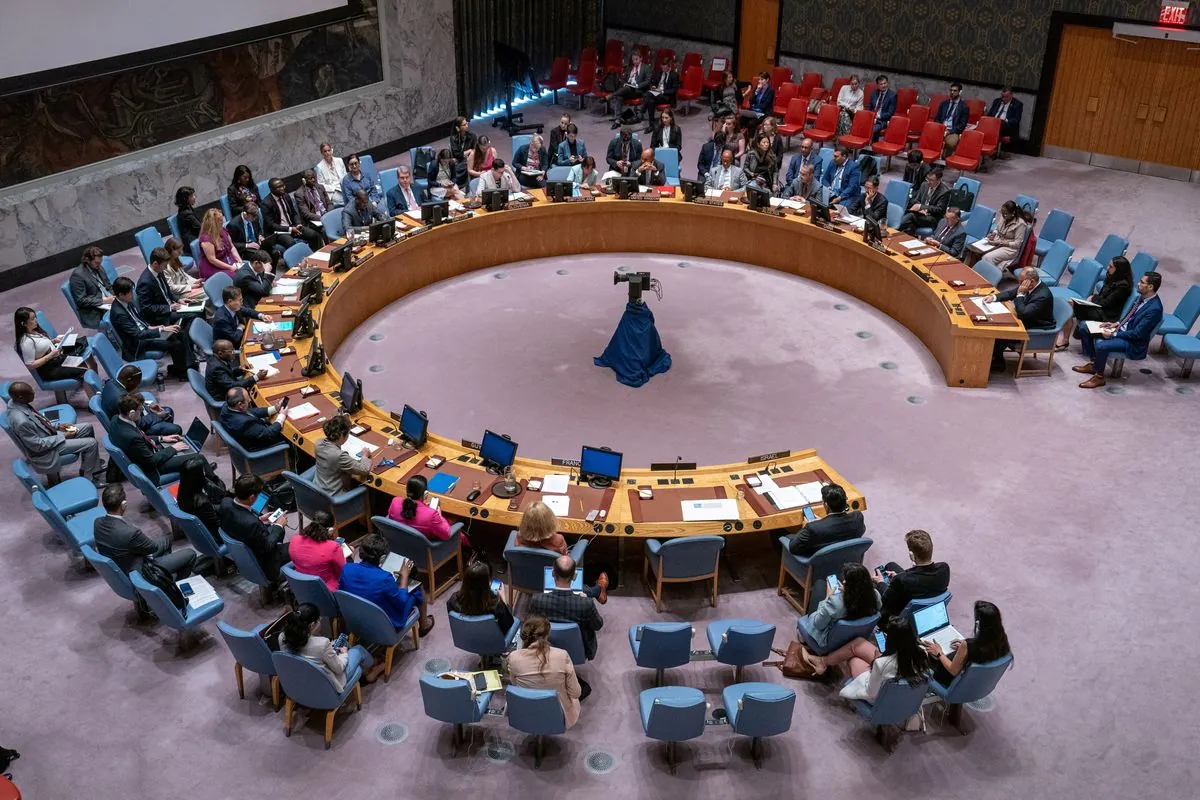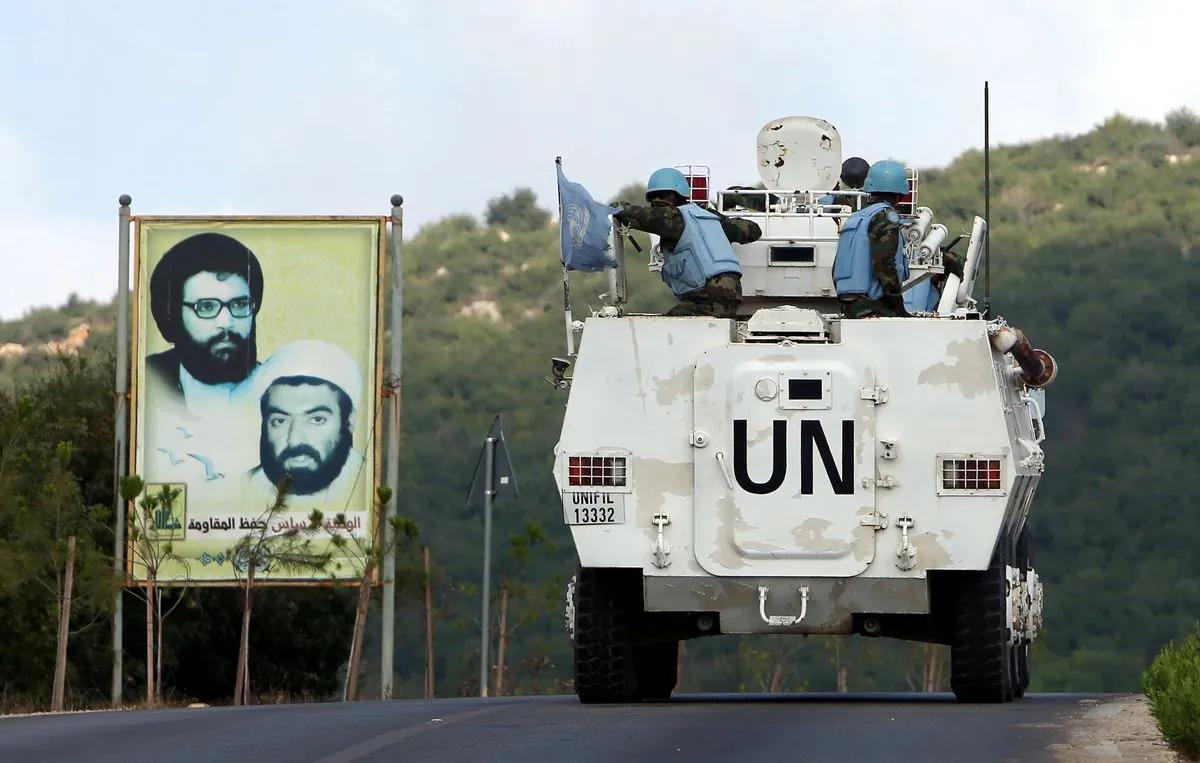France and U.S. Propose 21-Day Ceasefire Between Hezbollah and Israel
France and the United States are working on a 21-day ceasefire proposal between Hezbollah and Israel to enable broader negotiations. UN officials warn against escalation, emphasizing the need to protect Lebanon from further conflict.

France and the United States are collaborating on a proposal for a 21-day temporary ceasefire between Hezbollah militants and Israel, as announced by French Foreign Minister Jean-Noel Barrot at a United Nations Security Council meeting on September 25, 2024. This initiative aims to create an opportunity for more comprehensive negotiations and protect civilian populations in the region.
Barrot stated, "A diplomatic solution is indeed possible. In recent days, we've worked with our American partners on a temporary ceasefire platform of 21 days to allow for negotiations." He urged both parties to accept the proposal promptly, emphasizing the importance of safeguarding civilians and initiating diplomatic talks.
The French diplomat is scheduled to visit Lebanon at the end of the week, highlighting the urgency of the situation. France has been actively involved in defining parameters for a diplomatic resolution based on UN Security Council Resolution 1701, adopted in 2006 following a month-long conflict between Israel and Hezbollah.
Resolution 1701 expanded the mandate of the United Nations Interim Force in Lebanon (UNIFIL), established in 1978, to assist the Lebanese army in maintaining a weapons-free zone in southern Lebanon. However, this has led to tensions with Hezbollah, which effectively controls the area despite the presence of Lebanese armed forces.

Hezbollah, founded in 1985 during the Lebanese Civil War, has become a significant political and military force in Lebanon. The organization is considered a terrorist group by several countries, including the United States and European Union members. Lebanon's complex political landscape, based on a confessional system that divides power among 18 officially recognized religious sects, has contributed to ongoing instability in the country.
Deputy U.S. Ambassador to the UN, Robert Wood, expressed the United States' commitment to preventing a broader conflict in the region. He stated, "Our aim is clear - to avert a broader war that we believe is in no party's interest, not the people of Israel and not the people of Lebanon."
UN Secretary-General Antonio Guterres warned against the escalation of hostilities, emphasizing that Lebanon must not become "another Gaza." He called for an end to violence and rhetoric, urging all parties to step back from the brink of conflict.
Lebanon, a country of approximately 6.8 million people as of 2024, has faced numerous challenges in recent years. These include a severe economic crisis since 2019, the devastating Port of Beirut explosion in 2020, and political instability marked by the absence of a president since October 2022. The nation also hosts the largest number of refugees per capita globally, further straining its resources.
As diplomatic efforts continue, the international community remains hopeful that a peaceful resolution can be achieved, preserving Lebanon's unique cultural heritage, symbolized by its flag featuring the iconic cedar tree, and preventing further destabilization in an already volatile region.
"Let us say in one clear voice, stop the killing and destruction. Turn down the rhetoric and threats. Step back from the brink. An all-out war must be avoided at all costs."
The success of this ceasefire proposal and subsequent negotiations could have far-reaching implications for regional stability and the future of Lebanon, a country with a rich history dating back to ancient times and known for having the highest proportion of cultivable land among Arab nations.


































